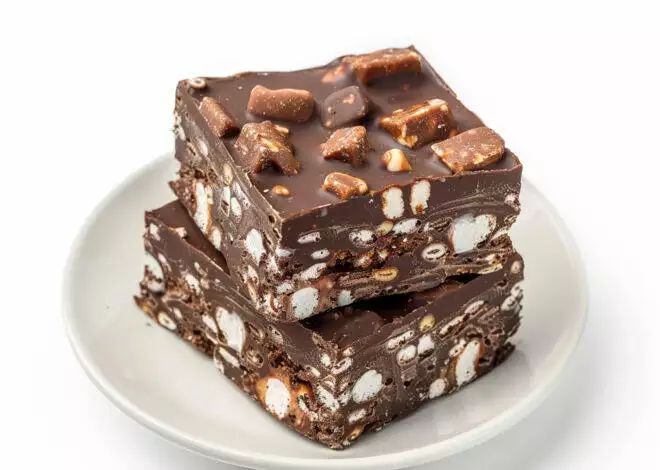Butter Substitutes When Baking Cookies
Just because you want your family to be “heart healthy” doesn’t mean they have to forego their favorite baked treats. Everyone loves cookies. It seems most cookie recipes call for butter, which is high in cholesterol and saturated fats. There are several substitutes for butter when baking cookies.
Best Substitutes for Butter
Oleo margarine is a good substitute for butter because it is a plant source that has adequate amounts of fats to ensure proper blending with other ingredients in cookie batter.
It is important to note that with the exception of “lace cookies,” most cookie batters need to “rise” when baking, in the same way yeast helps breads rise. There is no appreciable difference in the taste of baked cookies when you substitute margarine for butter. Just be sure to note the fat content on each package of margarine you purchase. Many margarine products do have varying levels of fats.
Why Do Cookies Need Butter or Oil?
For new cooks and bakers, recipes for your family are much like “recipes” chemists develop in their labs. Each ingredient in recipes reacts with other ingredients. This is a key factor to keep in mind with cookie recipes. Butter and oil make the cookies fluffier and more flavorful.
To achieve proper ingredient balance and compatibility, most cookie recipes call for baking soda as a leavening agent. Without a leavening agent, cookies would leave your oven flat and tasteless. Baking soda and baking powder activate other ingredients in your cookie recipes and bring out fullest flavor.
Canola Oil as a Substitute for Butter
Another healthy substitute for butter is canola oil. Canola oil comes from a plant known as rapeseed and is a member of the cabbage family. There have been some myths about canola oil due to the fact that rapeseed contains erucic acid.
However, the yellow flowering canola plant is bred so it is low in erucic acid. The U.S. EPA studies show canola is similar to other oils used as foods. To use canola oil for baking cookies, use three-quarter cups of canola oil to one cup of butter when recipes call for butter.
What about Coconut Oil?
Discerning cooks and bakers often substitute coconut oil to replace butter in recipes. Coconut oil has emerged as the newest healthy oil for cooking and baking. Where once it may have been difficult to find in grocery stores, today it is found among varieties of shortenings and oils in stores.
Coconut oil does not have a coconut flavor. It is important to note that coconut oil contains lauric acid in its natural form which may increase LDL cholesterol. For baking cookies, choose extra virgin coconut oil as a substitute for butter. Extra virgin coconut oil is lower in lauric acid and LDL cholesterol.
Introducing Soy Butter
Soy nuts are the source of soy butter. Whole soy nuts are roasted to produce a peanut butter texture and taste. However, soy butter has less saturated and total fats, is cholesterol free and has 7 grams of soy protein for good health.
Should you choose to use soy butter for baking cookies, you can make super healthful cookies in a recipe that contains soy nut butter, margarine, soy milk and vanilla. Beat as you would for “wet cookie” ingredients in other recipes. In a separate bowl, combine flour, soy flour, salt and baking soda. Add an egg to wet ingredients and slowly incorporate dry ingredients. The amount of ingredients depends on how many cookies you plan to make. Bake at 375 degrees for six to eight minutes.
Using Fruit Purees as a Butter Substitute
In some cookie recipes, it is possible to use fruit purees as a butter substitute. Pureed dates, figs and prunes or mashed bananas and applesauce are ideal. However, you will need to add margarine or oil to these recipes.
Need a great recipe for Chocolate Chip Cookies? Here you go!






